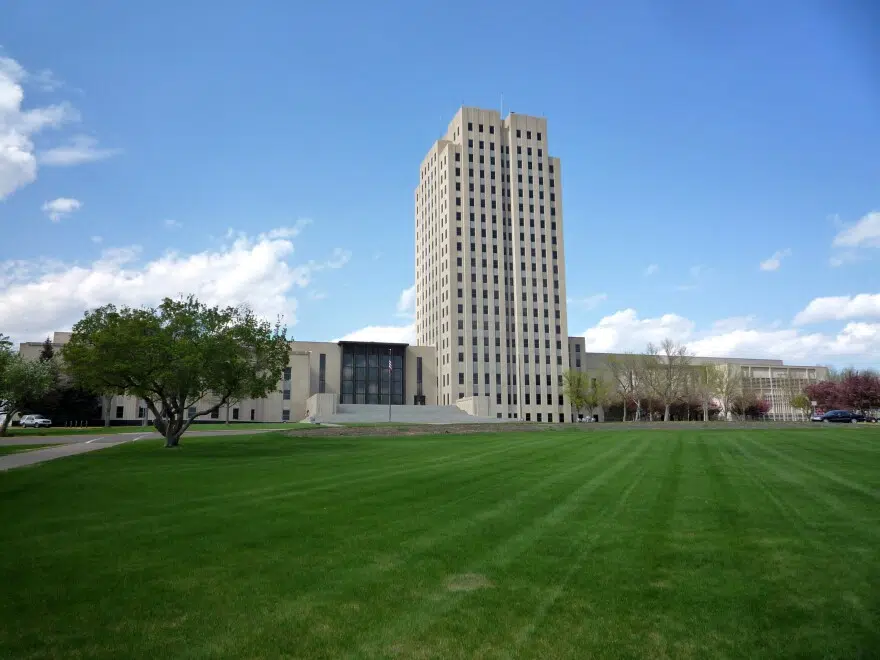BISMARCK, N.D. — North Dakota’s largest cities outside the oil-producing region in the western part of the state are awaiting millions of dollars for infrastructure projects, while the state’s smallest towns that haven’t benefited from oil production will at least get a few hundred dollars each under a major spending initiative approved by the Legislature three years ago.
Fargo, the state’s largest city, will get nearly $24 million under Operation Prairie Dog, named for the industrious burrowing mammal. Ruso, the state’s smallest incorporated town of just three people north of Bismarck, will get $463.37, according to state data estimates.
Estimates show Bismarck will receive $14.7 million followed by Grand Forks at $12.7 million, West Fargo at $10.7 million, and Mandan at $7.4 million.
The legislation that got wide support followed complaints from lawmakers in non-oil producing areas who wanted a bigger share of oil tax revenues for their projects back home.
The legislation reconfigures oil tax distributions to set aside $250 million in every two-year budget cycle for counties, cities and airports in non-oil producing areas for such things as roads, bridges and airport projects.
Municipalities get $115 million total. Counties and townships get a combined $115 million, and $20 million is set aside for airport improvements.
City funding is based on population and percentage increases in population and property taxes, state Treasurer Thomas Beadle said. Counties and township allocations are based on road miles.
The bill signed by Republican Gov. Doug Burgum in 2019 assumed oil production and prices would hold though the two-year budget cycle. But “due to the pandemic-related collapse in global oil price and the resulting drop in North Dakota oil production,” oil tax revenue was only $3.6 billion, or 25% lower than had been projected for the last budget period, said Joe Morrissette, the state’s top budget writer.
That meant only $29.9 million was distributed for the 2019-2021 budget period, based on the legislation’s funding formula that puts municipalities with higher populations at the head of the line.
Still, the Legislature distributed more than $300 million in federal coronavirus relief funds for statewide infrastructure projects during its special session in November, Morrissette said.
With oil revenue beating forecasts, Morrissette expects Prairie Dog to be fully funded and distributed late this year or early next.




